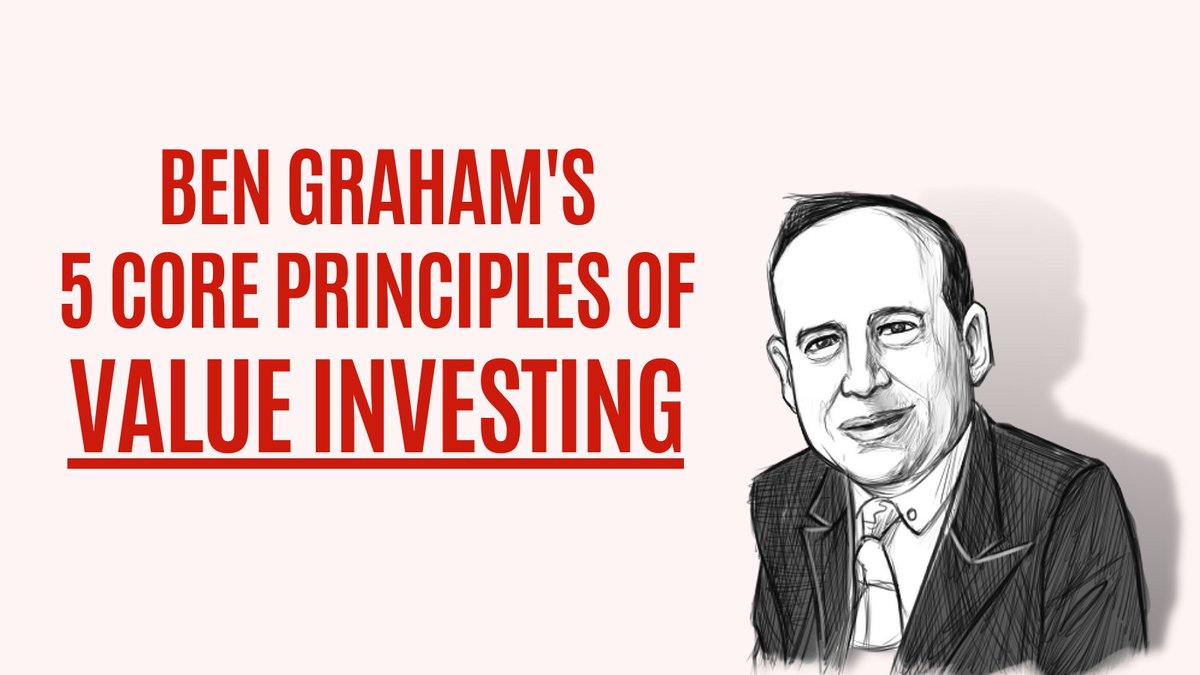
Luck vs Skill Paradox
Decoded!🕵️
@nntaleb @dmuthuk @Sanjay__Bakshi @Iamsamirarora @Prashanth_Krish @contrarianEPS @safiranand
🧵👇
Decoded!🕵️
@nntaleb @dmuthuk @Sanjay__Bakshi @Iamsamirarora @Prashanth_Krish @contrarianEPS @safiranand
🧵👇

In his all time classic work 'Fooled by Randomness', Nasim Taleb highlights how one tends to confuse luck and randomness to skill and determinism.
(1/13)
(1/13)
Taleb emphasized that this discrepancy is quite clearly visible in the stock markets where a 'Capable Investor' can very easily be substituted with a 'Lucky Idiot'.
(2/13)
(2/13)
While some professionals such as an electrician or a neurosurgeon cannot succeed without a certain requisite skill, the same cannot be said for an investor.
(3/13)
(3/13)
If a million monkeys keep hammering the typewriter, there is a chance that they may eventually produce a Shakespeare.
(4/13)
(4/13)
In a similar fashion, an unskilled investor can produce great track records in the stock markets based on pure luck. In fact, it is quite likely that some will.
(5/13)
(5/13)
According to a research study, if a sample of 10,000 relatively incompetent investors is taken, they have a 45% chance of being profitable. Thus, the odds of winning are worse than flipping a coin.
(6/13)
(6/13)
Despite their incompetency and such a low probability, we can expect around 200 out of those 10,000 investors to stay profitable consistently for the next 5 years.
(7/13)
(7/13)
This achievement makes those investors boast of their flawless track record and they, thus, attribute this feat to their exceptional skills of understanding the market.
(8/13)
(8/13)
Unfortunately, in the long run, randomness is going to go against these 'highly successful random fools' and that’s when things begin to go downhill.
(9/13)
(9/13)
The global investor community is fraught with the epitaphs of such once so called ‘successful investors’ where all it takes is one big blow up for them to lose everything that they had earned over their entire lifetime.
(10/13)
(10/13)
Often, their success is attributed to being at the right place at the right time.
(11/13)
(11/13)
A capable investor may have all the skill attributes and still can underperform a novice investor in a given year. It is hard to differentiate whether the return is generated through pure skill or luck.
(12/13)
(12/13)
Hence, as an investor we must not negate the role of luck in the potential return outcomes. It may keep us grounded and help us avoid costly mistakes.
(13/13)
(13/13)
• • •
Missing some Tweet in this thread? You can try to
force a refresh







